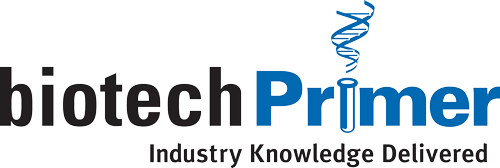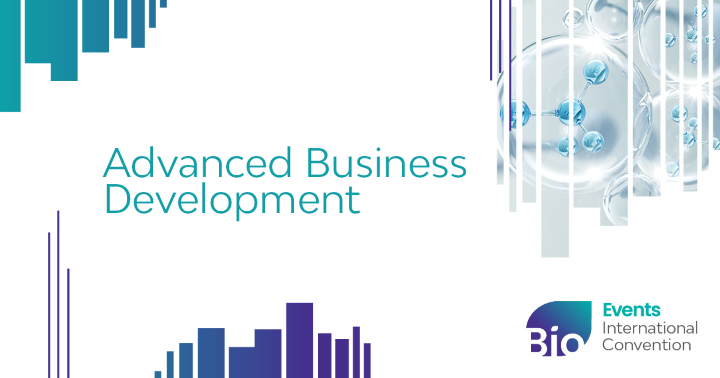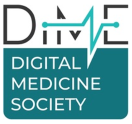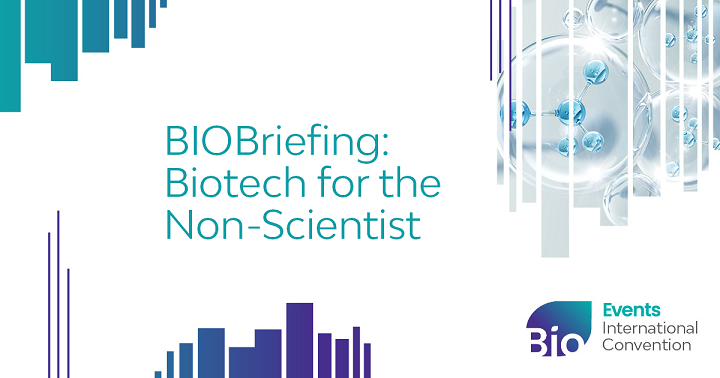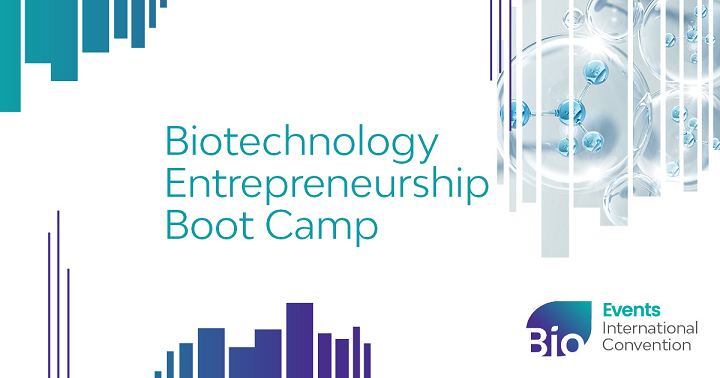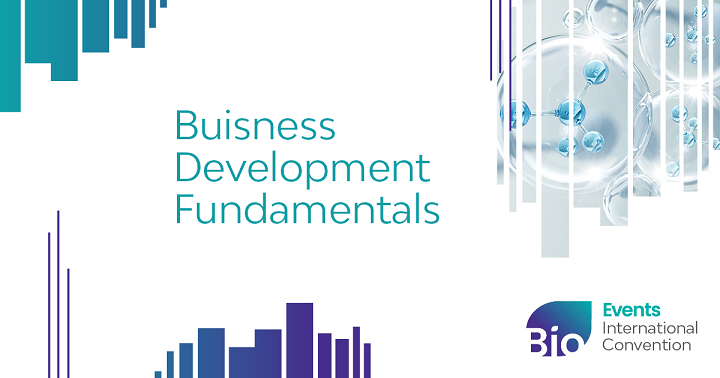Biomanufacturing introduces the intricacies and difficulties involved in manufacturing biologics. Biologics are produced in living cells, unlike small molecule drugs that are synthesized in glassware. To understand the biopharma industry, you need know how biologic medicines are produced. Biomanufacturing is for everyone in the biopharma industry, especially for those new to drug production, drug development or product launch.
OSHA Bloodborne Pathogens Regulations details current OSHA Bloodborne Pathogen Regulations, how to determine if your organization is subject to its laws, and how to properly integrate them into existing medical surveillance, health, and safety programs.
What are considered good publication practices for communicating company-sponsored medical research and how do these practices impact publication development and planning? Learn more in this pub planning module.
Can you use a competitor’s data in your promotion; or open-label data in your print ad? Learn the FDA regs and more.
AAV Gene Therapy Manufacturing describes the properties of the naturally occurring Adeno-associated virus, discusses the use of this virus as a viral vector, and explains the manufacturing and control process including manufacturing platforms, vector characterization, and regulatory considerations.
Learn from experienced dealmakers a review of example models, a dissection of actual deals, have live participant interaction and Q&A opportunities.
Examine the versatility of antibodies in current biotech applications and take an in-depth look at a...
Enhance your skills in negotiations, influencing, decision-making, and game theory. Game theory will be applied to real-life pharma/biotech negotiation cases.
Basic Disinfection Practices for Tissue Culture Laboratories introduces disinfection methods for laboratories working with infectious agents.
Learn about the science driving today’s hottest biopharma innovations including CRISPR, CAR-T, gene therapy, and much more...
Biomanufacturing introduces the intricacies and difficulties involved in manufacturing biologics. Biologics are produced in living cells, unlike small molecule drugs that are synthesized in glassware. To understand the biopharma industry, you need know how biologic medicines are produced. Biomanufacturing is for everyone in the biopharma industry, especially for those new to drug production, drug development or product launch.
Biopharma Business Acumen was developed for those who need to better understand the unique considerations encountered by industry executives.
Biosafety Basics provides the introductory framework to the practices and principles when working with infectious biological agents.
Explains the science, biomanufacturing technology, and regulatory requirements for receiving approva...
Explore a broad range of issues faced by entrepreneurs from the managerial, scientific, and academic communities...
Learn from senior executives to expertly navigate transactional and intellectual property law; business development; finance...
Clinical Development 101: General Principles sets the stage for the entire clinical development process. Learn who conducts trials, how trials are conducted, and the various regulatory elements that must be performed throughout Phases I-IV trials.
Clinical Development 201: Phase I explores the prerequisites, purpose, design, and conduct of Phase I trials. Topics such as bioequivalence, pharmacokinetics, pharmacodynamics, endpoints, selection of dose, and more are explained in detail.
Clinical Development 301: Phase II/III considers the purpose, design, and conduct of Phase II and III clinical trials. Learn the various trial design approaches, endpoint choices, statistical considerations, and special regulatory designations.
Clinical Development 401: Phase surveys the ongoing post-approval clinical assessments required by regulatory agencies. Learn how drug risk management is accomplished through detecting, assessing and reporting adverse effects using real-world data.
Diagnostic Development and Approval describes the regulatory pathways for different categories of diagnostics, emphasizing the differences between in vitro diagnostics and laboratory-developed tests. Quality system regulations are extensively reviewed. The course ends with a discussion on the economic evaluation of novel diagnostics. Diagnostic Development and Approval helps anyone in the diagnostics industry expand their diagnostics development acumen.
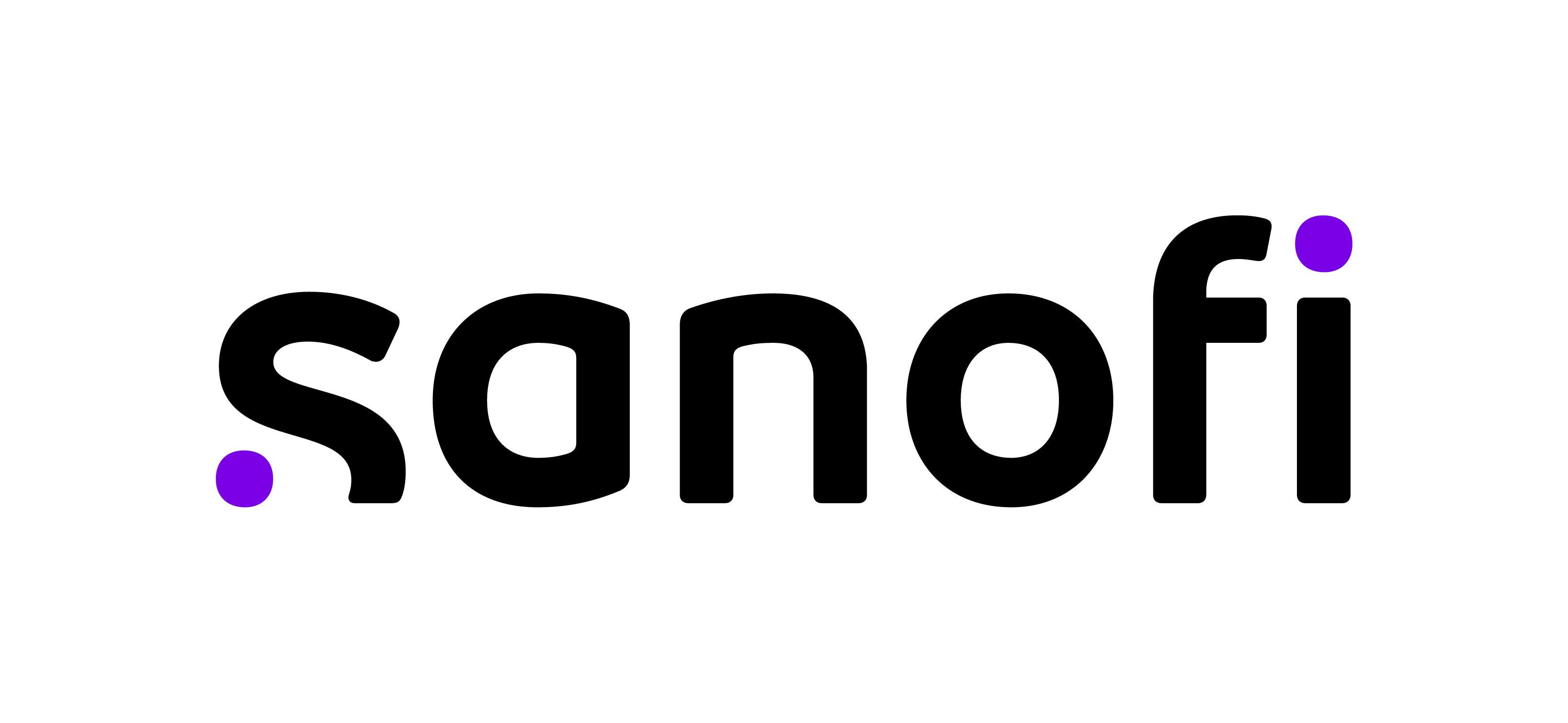






.png)




